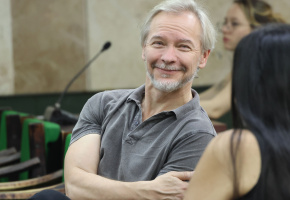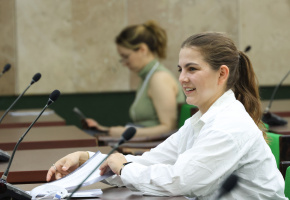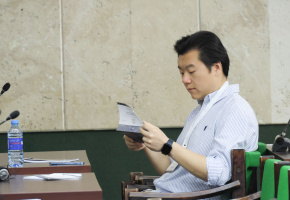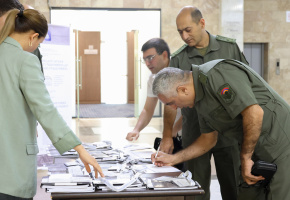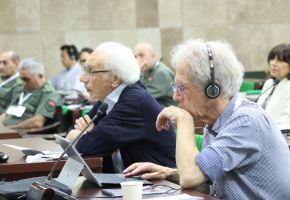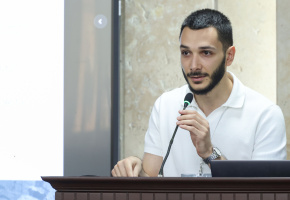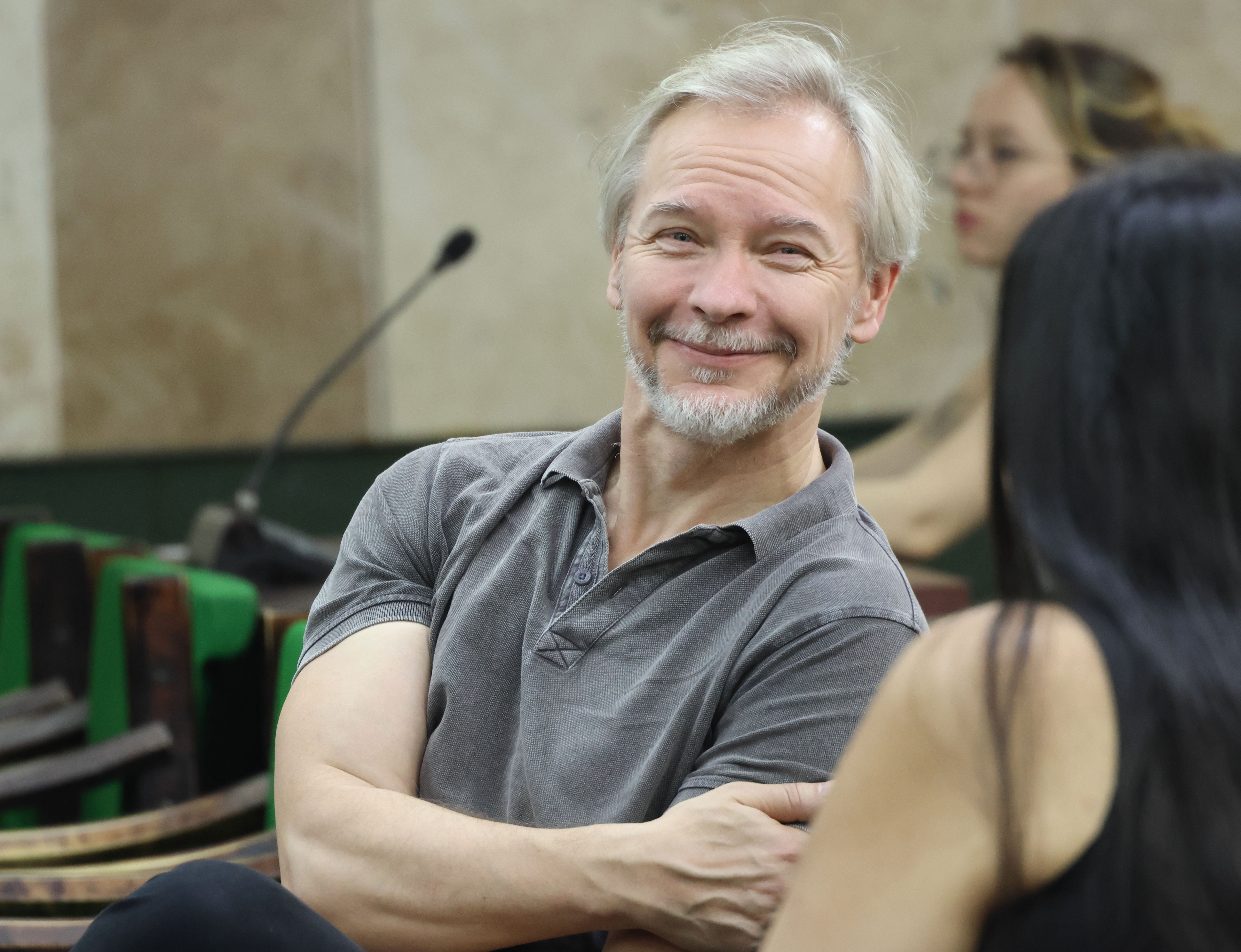June 12, 2025 | 14:55
Memory, identity, power: Historiographical politics on the agenda of international conference at YSU
The first international conference organized at the initiative of the Laboratory for Philosophy and Theory of History has commenced at Yerevan State University. The two-day scholarly event, titled "State-Sponsored Histories and Historiographic Authority," aims to bring together philosophers and theorists of history, historians, sociologists, and other specialists from various countries to discuss the influence of state-sponsored narratives on public memory and the formation of historical discourse.
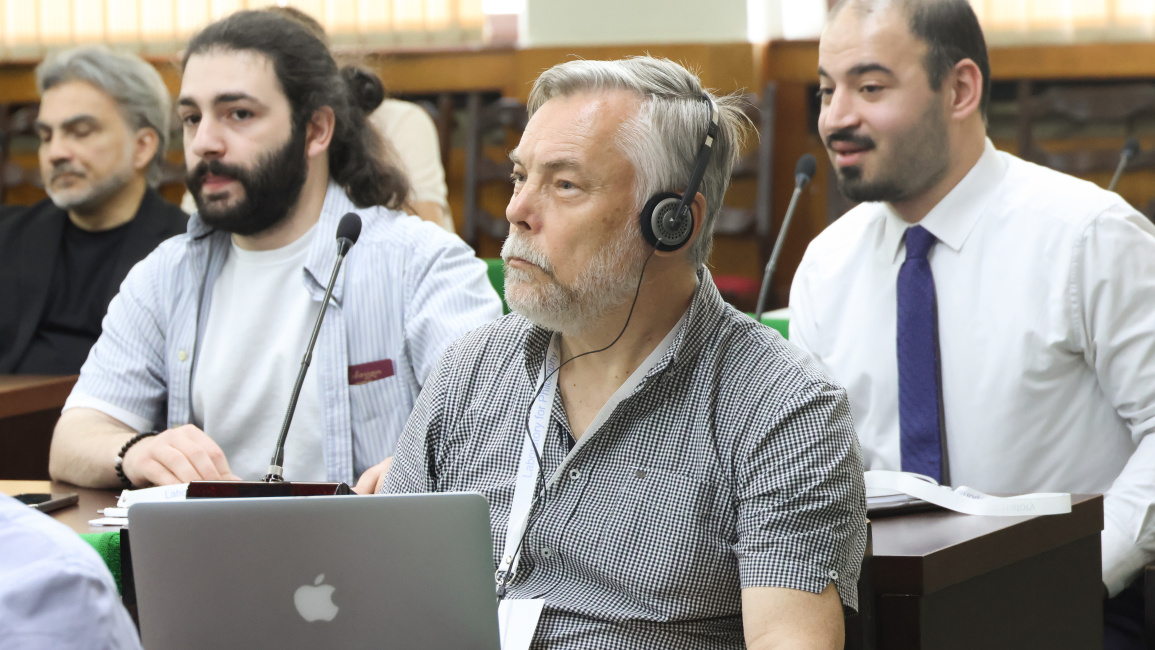
The conference serves as a platform for exploring how states construct, enforce, and challenge diverse historical narratives. Central to the conference’s agenda is the concept of state-sponsored history, which encompasses a wide range of interventions, including laws governing memory, educational curricula, the creation of monuments and museums, and the funding of academic research and archival institutions.
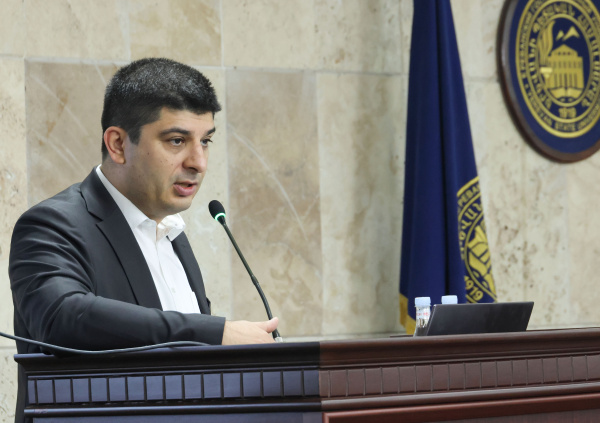
In his opening remarks, Rafayel Barkhudaryan, Vice-Rector for Scientific Affairs at YSU, emphasized the importance of such initiatives in fostering academic dialogue, promoting the exchange of knowledge, and advancing interdisciplinary cooperation.
"This conference presents a unique opportunity to converge diverse scholarly traditions, regional experiences, and intellectual approaches. We are at the intersection of the humanities and social sciences, addressing questions that are not only of academic importance but also of public and moral significance. In today’s world, history is no longer confined to the realm of scholarly debate—it has become a tool for identity formation, the governance of public memory, and, at times, a mechanism of political pressure," noted the vice-rector, adding that the role of states in shaping historical narratives is multifaceted.
He expressed hope that the conference would not only contribute to the development of new academic perspectives but also serve as a bridge between scholarly interpretations of the past and pressing contemporary questions.
Davit Mosinyan, PhD and Associate Professor, Head of YSU Laboratory for the Philosophy and Theory of History, addressed the social and political role of history in the modern world order, as well as the evolving role of states in the power of historical memory.
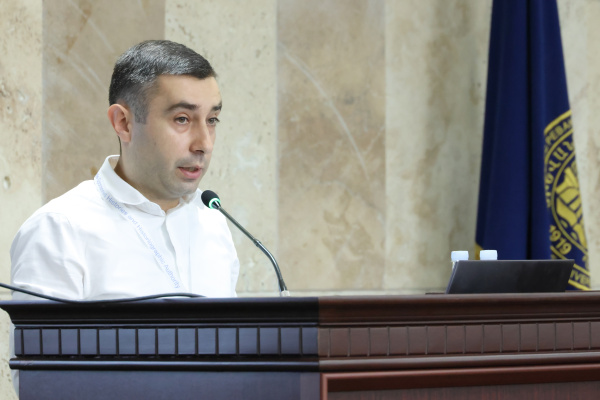
"This topic resonates today not only as a purely academic issue but also as a response to current global developments and crises. Furthermore, it carries an ethical urgency that transcends academia. The reconfigured world order is actively shaping a reality in which history is increasingly becoming a battleground. Wars, ethnic cleansing, struggles for self-determination, and state-controlled historical memory under authoritarian regimes reveal that history is never merely about the past. It lives with us, through us, in our name—and sometimes, through our silence," D. Mosinyan stated.
According to him, history has always been and continues to be a field of power—one in which it is determined who gets to speak, what is spoken, and what silences emerge and are normalized within those narratives. From this perspective, the conference represents a collective effort to uncover and examine those silences, and to understand why and how states become not only custodians of memory but also memory regulators.
Among the speakers were Professors Berber Bevernage and Marie-Gabrielle Verbergt from Ghent University, who delivered a keynote lecture titled "Historiographical Power in the Context of Changing Democracies." They examined the role of historiographical authority amid socio-political transformation, emphasized the interdependence of historical consciousness and democratic values, and discussed the challenges of governing memory and history in evolving political systems.
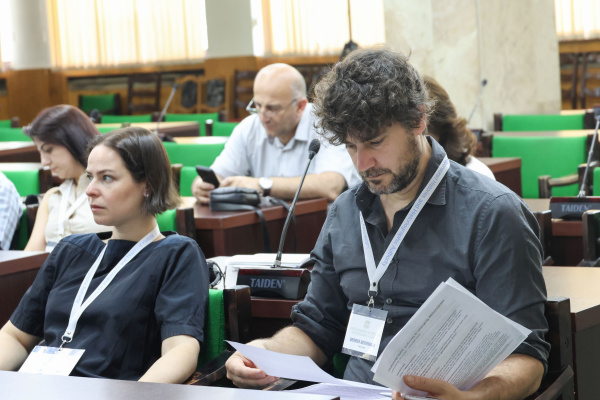
The conference features a wide range of thematic panels, including "Historiographic Authority and State Narratives," "State, Diaspora, and Competing Historical Narratives," "History, Ideology, and Power," "Repression and Resistance in Historiography," "State Historiography and Globalization," "Post-Colonial Histories and the State," "State-Sponsored Violence," "Memory Politics and the Public Sphere," and "Nationalism and Historical Narrative Constructions."
These topics highlight that history and historiography are evolving, dynamic processes that reflect the complex struggles and interrelations within societies, both domestically and internationally.
The conference continues on June 13, with further sessions addressing current and urgent topics. One of the key upcoming lectures will be delivered by Marc Nichanian, titled "History, Exile, and Sovereignty."
Participants include YSU faculty members, PhD and master’s students, representatives from other Armenian universities, and researchers from abroad.
